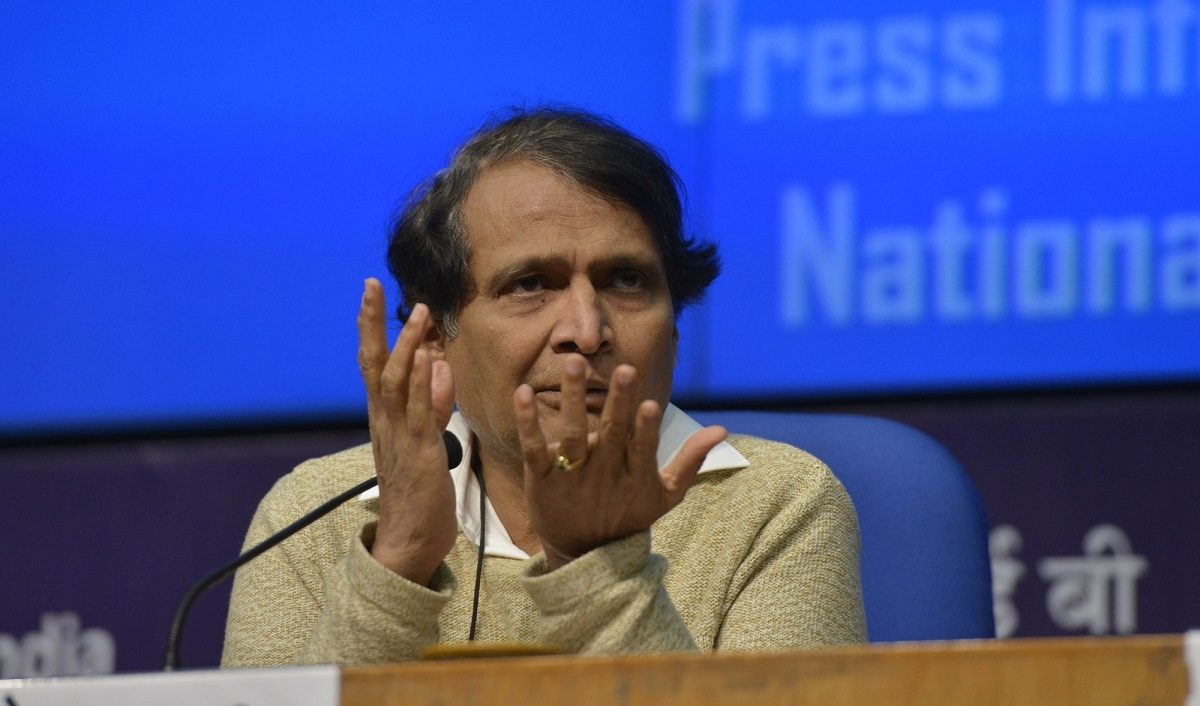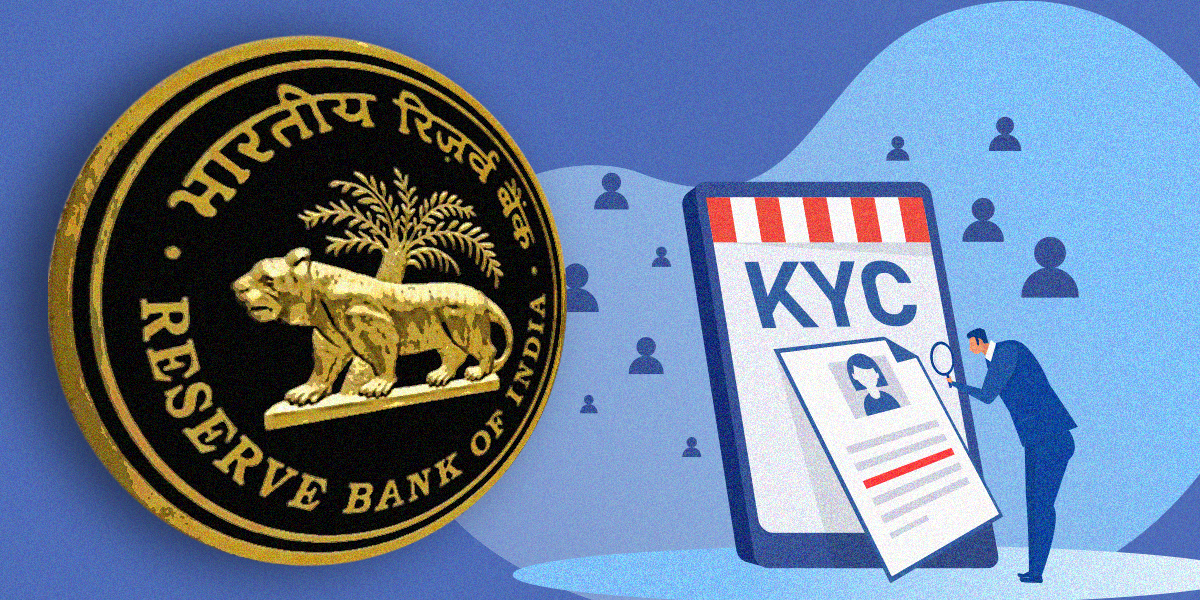The Indian government has announced that a framework for an e-commerce policy will be prepared within the next six months. It will deal with issues including competition, regulation, data privacy, taxation and technical aspects such as localisation of servers and technology transfer.
The timing of the announcement by the government over policies is interesting as Flipkart is heading towards clinching the biggest deal in Indian e-commerce history as Walmart is about to pick up to 80 per cent stake in it. And, the government is still mulling over policies for online commerce.
The prime objective of the first meeting of e-commerce think tank chaired by commerce minister Suresh Prabhu was to come out with a framework for an e-commerce policy. The decision to set up a task force was taken during the meeting on Tuesday on the framework for a National Policy on e-commerce.
On the issue of a potential regulator for the sector, commerce secretary Rita Teaotia said it would depend on whether the policy needed legislative requirements and new regulations or existing laws are sufficed.
Notably, most companies are in favour of a regulator as big players are abusing their dominance by burning cash.
For a long time, the issue of deep discount and irregularities have been raised by small players in this space. Of late, Indian Cellular Association (ICA) and Retailers Association of India (RIA) had also raised the issue of FDI rules violations by the major e-tailers in India.
Local policy for e-commerce companies is the need of the hour as over 70 countries who are the part of World Trade Organisation (WTO) have been discussing aggressively on e-commerce driven cross-border trade.
The Indian government has been avoiding the e-commerce policy on the global level by arguing that the move would sideline discussions on food security and other development-based issues important to developing nations.
Moreover, domestic companies have also kept them apart from the matter, fearing that the new rules could provide a pretext for unfair mandatory market access to foreign companies.
Besides commerce and industry ministry, the entity also involves other government as well as private stakeholders such as a deputy governor from the Reserve Bank of India, ministries of finance, home affairs, corporate affairs, NPCI and electronics and information technology.
Telecom majors including Airtel and Reliance Jio and e-commerce companies such as Paytm, MakeMyTrip, Snapdeal, and Practo amongst several others are also the part of it. Notably, Technology, Information Forecasting and Assessment Council will also be a part of the think tank body.
The development was reported by Business Standard.














